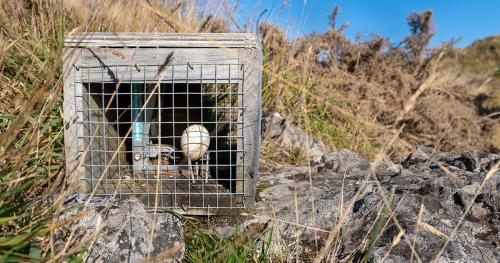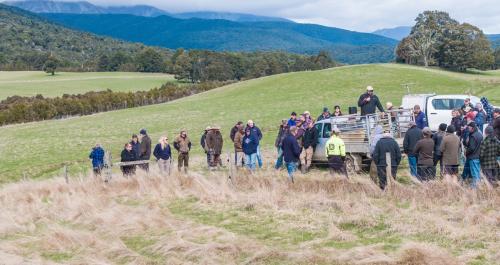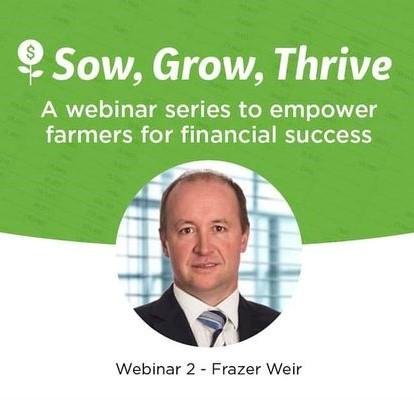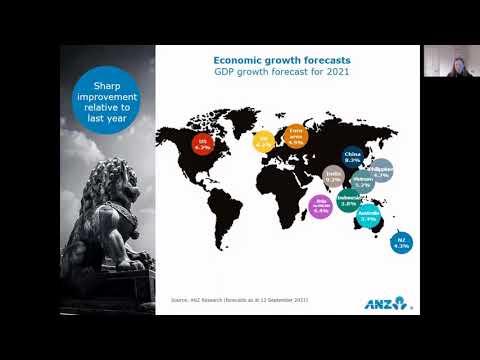Search results
Displaying 331 - 340 results of 897
- NewsAnecdotally, we’re hearing that afforestation, particularly carbon farming, is increasing issues with pests for neighbouring farms. We want to get more detailed info about this to inform our advocacy …

- NewsFarmers from across the top of the south recently gathered in Upper Tākaka for a full day of learning and discussion, focused on practical technologies that can add real value to farm …

- Other PDFlnz submission climate change response ets forestry conversion amendment bill 7 july 2025 7 july 2025 environment select committee climate change response emissions trading scheme forestry conversion …
- VideoFrazer will share how to utilise your accountant. Boost your financial literacy, get a better understanding of your debt, assets and equity. He will also talk about where to trim the fat without …
- Factsheet10800 beeflamb 0800 233 352 wwwbeeflambnzcom farmers farmers shelter maintaining welfare productivity sheep cattle drystock farms fact sheet 17 4 may 2019 new zealands temperate climate means farmers …
- NewsSince the start of the Taste Pure Nature brand marketing campaign in 2019, B+LNZ has been tracking its performance in the United States (US) and China to benchmark the campaign’s performance. Read …

- NewsB+LNZ, along with Federated Farmers and DairyNZ, has been working with leading climate scientists from Oxford University, to inform a submission to the Climate Change Commission on New Zealand’s …

- VideoSusan Kilsby – Agriculture Economist Susan became ANZ Bank’s Agriculture Economist in late 2018. She previously headed up NZX’s team of analysts providing leading intelligence on a range of …
- Other PDF… 3 calving ease 4 feed efficiency 5 postweaning growth 6 growth weaning 7 carcase weight 8 carcase dressing 9 …
- NewsWill Halliday, Beef + Lamb New Zealand’s Senior Advisor Animal Welfare and Biosecurity, says flood affected farmers in the north will be dealing with infrastructure damage as well as silt damaged …


